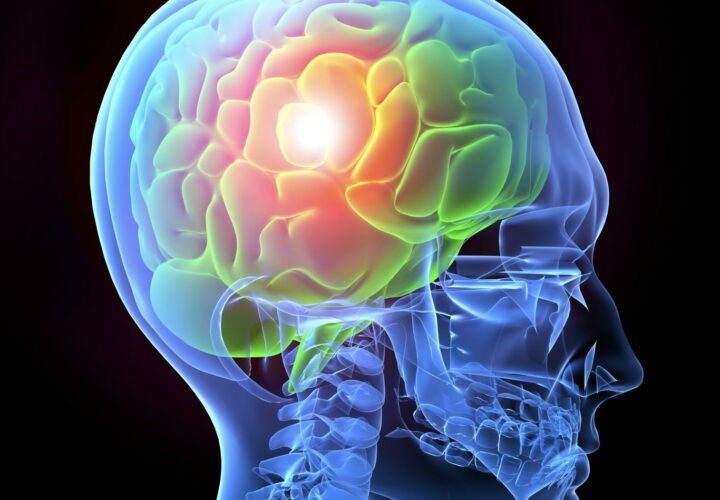Scientists in the UK are growing mini brains – yes, brains – with the intention of one day using them to fight Alzheimer’s disease. The organs, grown with human tissue, will be used to learn how dementia takes hold of a human brain and to test new treatments.
It may sound like a scene straight out of a science fiction movie, but scientists are excited about the possibilities of a study like this one. The micro-brains, which grow up to two millimeters, or .08 inches, are formed from skin cells that have been altered to revert to stem cells, which are capable of becoming any of the 200-plus cells in our bodies. Those cells are transformed into neurons and 3-D printed into clusters that mimic the brain’s structure. While this process can’t bring back old memories, researchers hope that they’ll succeed in growing neurons that will be able to replace the part of the brain that is damaged by dementia.
This step in the search for a cure for Alzheimer’s disease builds on previous research on lab-grown cells, like that of Harvard’s Dr. Rudolph Tanzi, who was part of a team that successfully grew brain cells in a petri dish to study dementia in 2014.
Of course, growing brain cells and using them as replacement material is a lot more complicated than, say, a skin graft. Representatives from Alzheimer’s organizations were intrigued by the potential benefits of research like this, but warned that using stem cell research to treat Alzheimer’s was likely a long way away from yielding any results.
Read the full write-up here.


